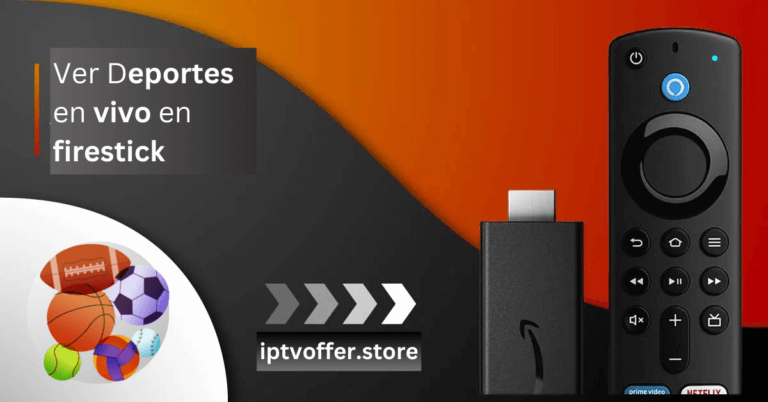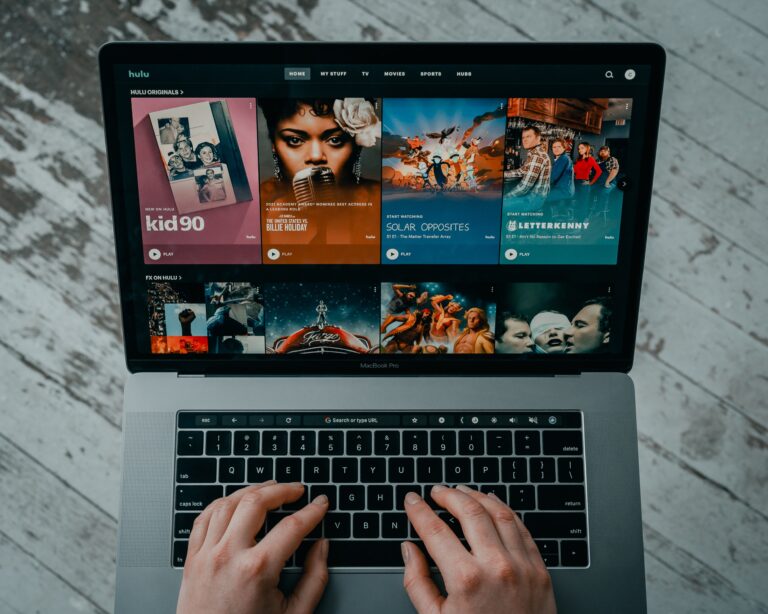In today’s digital age, Internet Protocol Television (IPTV) apps have revolutionized the way people consume entertainment. From on-demand movies to live sports streaming, TV apps offer a convenient and customizable viewing experience. In this comprehensive guide, we’ll delve into the world of IPTV applications, exploring what they are, how they work, popular options in the market, considerations for choosing the right one, legal and ethical aspects, installation guides, and future trends.
I. Introduction
A. Definition of IPTV
IPTV refers to the delivery of television content over the Internet Protocol (IP) networks. Unlike traditional broadcast or cable TV, IPTV utilizes the internet to transmit media, enabling users to stream video content on various devices.
B. The Rise of IPTV applications
With the expansion of broadband and mobile connectivity, TV applications have gained traction, offering users greater flexibility and control over their viewing preferences.
C. Importance of IPTV Apps in Modern Entertainment
TV applications have become essential in modern entertainment due to their convenience, on-demand access, and ability to personalize content delivery.
II. Understanding IPTV applications
A. What is an IPTV application?
An IPTV application is a software application that allows users to access and stream TV channels, movies, and other video content over the internet.
B. How TV applications Work
These apps receive video content via IP networks, which are then decoded and displayed on users’ screens in real-time.
C. Types of TV Apps
IPTV applications can be categorized into subscription-based services, free-to-use platforms supported by ads, and hybrid models that offer both free and premium content.
III. Features of TV Apps
A. User Interface and Experience
Good TV applications provide an intuitive interface that enhances user navigation and content discovery.
B. Content Variety
Leading IPTV applications offer a diverse range of channels, including live TV, on-demand movies, series, and special events.
C. Streaming Quality
Quality TV apps support high-definition streaming and adaptive bitrate technology for smooth playback across different internet speeds.
D. Compatibility and Device Support
The best IPTV applications are compatible with a wide range of devices, including smart TVs, smartphones, tablets, and streaming devices like Roku or Fire TV.
E. Additional Features and Customization Options
Advanced IPTV applications often include features like DVR capabilities, parental controls, and personalized recommendations.
IV. Popular IPTV Apps in the Market
A. App Name 1: StreamTV
1. Overview
StreamTV is a popular IPTV application known for its extensive channel lineup and user-friendly interface.
2. Key Features
- Over 500 live channels
- On-demand movies and series
- Multi-device support
3. Pros and Cons
Pros: Rich content library, affordable pricing.
Cons: Occasional buffering issues during peak hours.
B. App Name 2: IBO player pro
1. Overview
IBO player pro offers a curated selection of international channels and premium sports content.
2. Key Features
- Sports packages
- Global news channels
- HD streaming
3. Pros and Cons
Pros: Excellent sports coverage, reliable streaming.
Cons: Limited free trial period.
C. App Name 3: SkyView
1. Overview
SkyView is renowned for its 4K streaming quality and seamless user experience.
2. Key Features
- Ultra HD resolution
- Customizable channel lists
- Cloud DVR
3. Pros and Cons
Pros: Stunning picture quality, versatile DVR options.
Cons: Higher subscription cost compared to competitors.
V. How to Choose the Right IPTV applications
A. Consideration Factors
- Content Selection: Ensure the app offers your preferred channels and content genres.
- Compatibility: Check device compatibility and streaming quality on your preferred devices.
- Pricing Model: Compare subscription plans and payment options.
- User Reviews and Ratings: Read user feedback to gauge overall satisfaction and performance.
B. Tips for Evaluating IPTV Applications
- Test free trials where available.
- Check for customer support responsiveness.
- Verify legal compliance and data privacy policies.
VI. Legal and Ethical Considerations
A. Copyright Issues
Users should be aware of copyright laws and use TV applications that source content legally.
B. Geo-Restrictions
Certain TV applications may be subject to geo-restrictions due to content licensing agreements.
C. Privacy and Data Security
Choose TV applications that prioritize user privacy and implement robust security measures.
VII. Installation and Setup Guide for IPTV Apps
A. Step-by-Step Instructions
- Download and install the app from the respective app store.
- Launch the app and follow on-screen instructions for account setup.
- Enter subscription details if required.
B. Troubleshooting Common Issues
- Ensure stable internet connectivity.
- Update device firmware and app version.
- Contact customer support for technical assistance.
VIII. Future Trends in IPTV Apps
A. Advancements in Technology
Expect TV applications to leverage 5G networks and AI-driven recommendations for enhanced user experiences.
B. Integration with Smart Home Devices
TV apps will likely integrate seamlessly with smart home ecosystems, allowing voice-controlled access to content.
C. Personalization and Recommendation Algorithms
Future TV apps will offer more tailored content recommendations based on user preferences and viewing habits.
IX. Conclusion
A. Recap of Key Points
IPTV apps are transforming entertainment delivery, offering personalized, on-demand viewing experiences.
B. Final Thoughts on the Future of TV Apps
As technology evolves, TV apps will continue to innovate, shaping the future of home entertainment with greater accessibility and customization.
In summary, TV applications represent a dynamic shift in how we consume media, providing unprecedented access to diverse content from around the globe. By understanding their features, legal considerations, and future trends, users can navigate this exciting landscape and make informed choices when selecting an TV app that suits their needs.






